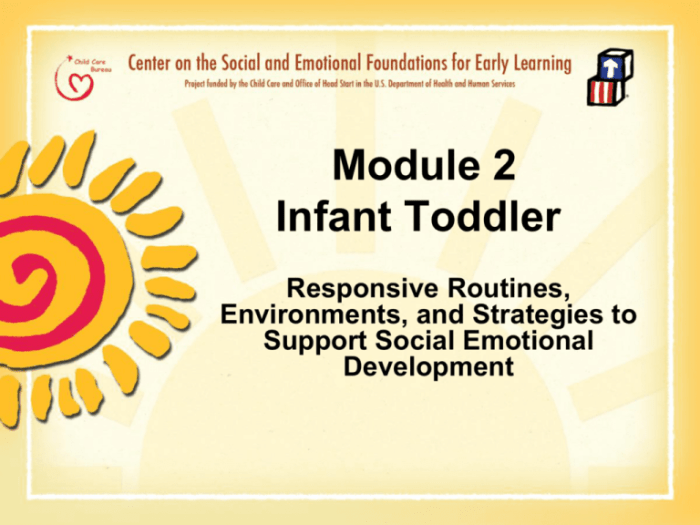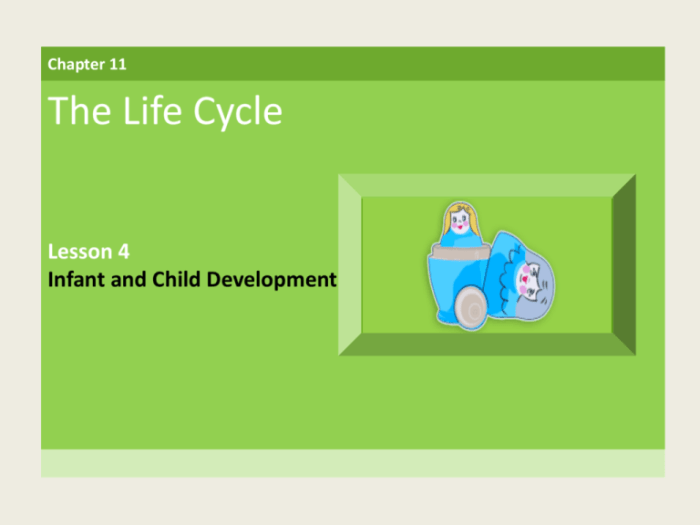Introducing the Skills Module 3.0 Maternal Newborn Pretest, an essential tool for enhancing maternal and newborn care. This comprehensive assessment provides a roadmap for healthcare professionals to identify knowledge gaps and plan effective educational interventions, ensuring optimal outcomes for mothers and their newborns.
Delving into the structure and content of the pretest, we explore its various sections and topics, gaining insights into the types of questions and their difficulty levels. By understanding the scoring system and interpreting the results, healthcare professionals can make informed decisions and tailor interventions to address specific needs.
Introduction

The Skills Module 3.0 Maternal Newborn Pretest is a standardized assessment tool designed to evaluate the knowledge and skills of healthcare professionals in the care of mothers and newborns.
It plays a crucial role in ensuring the provision of safe and effective maternal and newborn care by identifying areas where further education and training are needed.
Structure and Content of the Pretest

The pretest consists of multiple sections that cover various aspects of maternal and newborn care, including:
- Antepartum care
- Intrapartum care
- Postpartum care
- Newborn care
- Emergency obstetric and newborn care
The questions in the pretest vary in difficulty level, from basic knowledge to more complex clinical scenarios.
Preparation for the Pretest
Effective preparation for the pretest involves a combination of studying and practicing:
- Reviewing relevant textbooks and clinical guidelines
- Attending educational sessions and workshops
- Practicing with sample questions and case studies
- Managing time effectively during the test
- Employing effective test-taking strategies
Scoring and Interpretation of Results

The pretest is scored based on the number of correct answers, with a passing score typically set at 75%.
Scores can be interpreted as follows:
- 75% or higher:Indicates a strong foundation in maternal and newborn care
- 50-74%:Suggests a need for further education and training
- Below 50%:Indicates a significant knowledge gap that requires immediate attention
Applications of the Pretest
The Skills Module 3.0 Maternal Newborn Pretest is widely used in practice settings for:
- Assessing the knowledge and skills of healthcare professionals
- Identifying areas for improvement in maternal and newborn care practices
- Planning and implementing educational interventions
- Evaluating the effectiveness of training programs
Advantages and Limitations of the Pretest: Skills Module 3.0 Maternal Newborn Pretest
The Skills Module 3.0 Maternal Newborn Pretest offers several advantages:
- Standardized assessment:Ensures consistent evaluation of knowledge and skills across healthcare professionals
- Identification of knowledge gaps:Helps identify areas where individuals need additional education and training
- Educational planning:Provides a basis for developing targeted educational interventions
However, it also has some limitations:
- Limited scope:Does not cover all aspects of maternal and newborn care
- Potential bias:May not accurately reflect the knowledge and skills of healthcare professionals in different settings
- Need for further validation:Requires ongoing validation to ensure its reliability and validity
Questions and Answers
What is the purpose of the Skills Module 3.0 Maternal Newborn Pretest?
The pretest assesses healthcare professionals’ knowledge and skills in maternal and newborn care, identifying areas for improvement and guiding educational interventions.
How is the pretest structured?
The pretest consists of multiple sections covering various topics related to maternal and newborn care, with varying question types and difficulty levels.
How are the results interpreted?
Results are scored based on a predetermined system, providing insights into the healthcare professional’s knowledge strengths and areas for improvement.